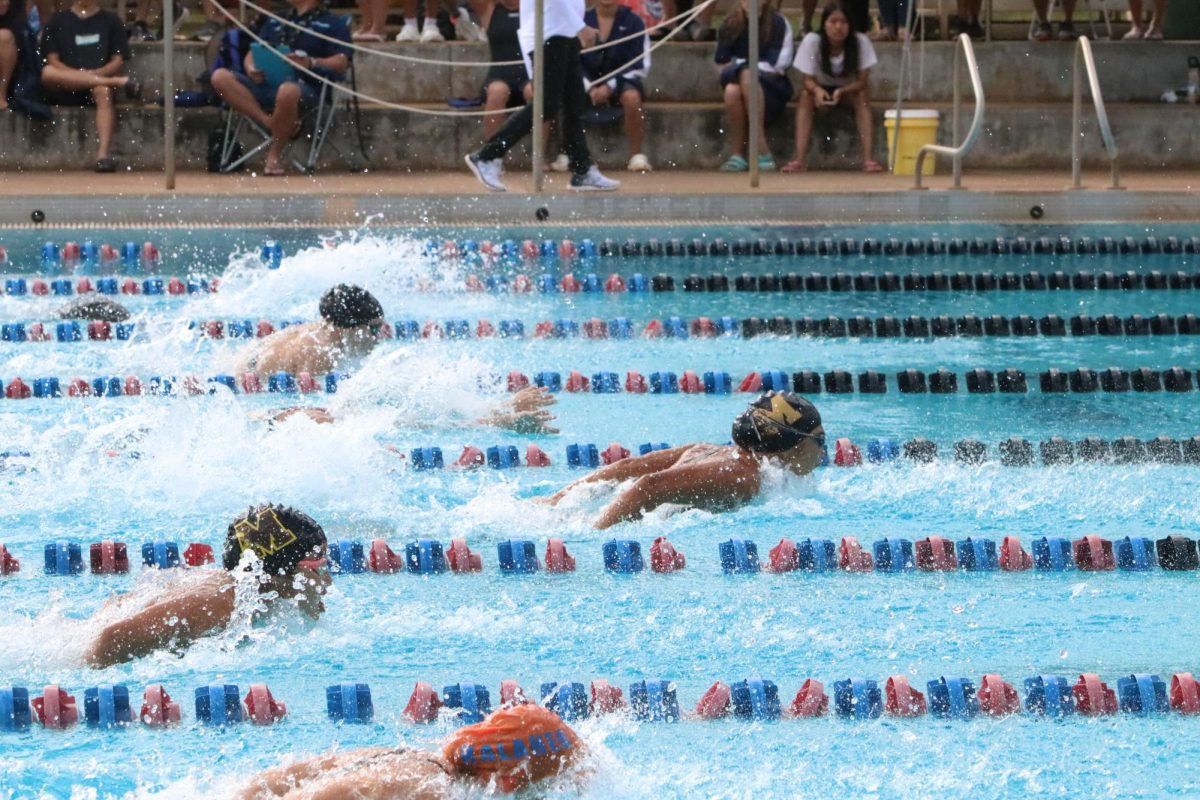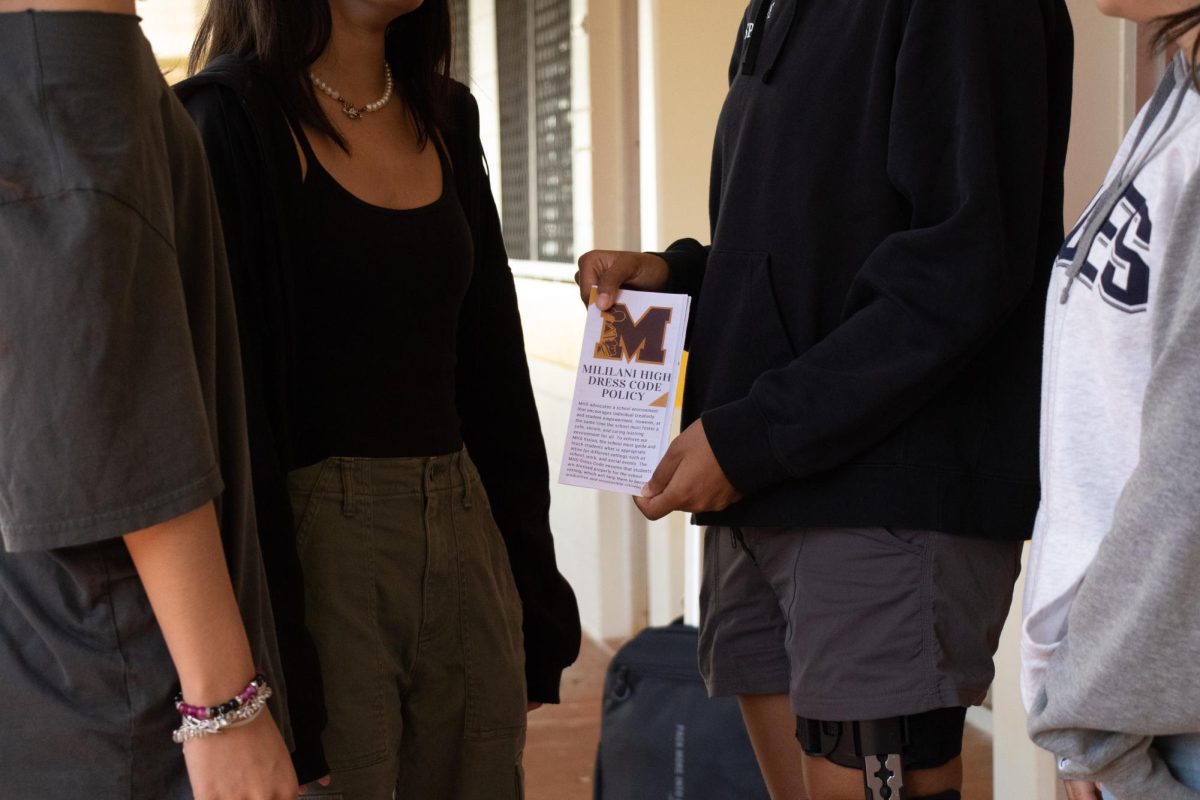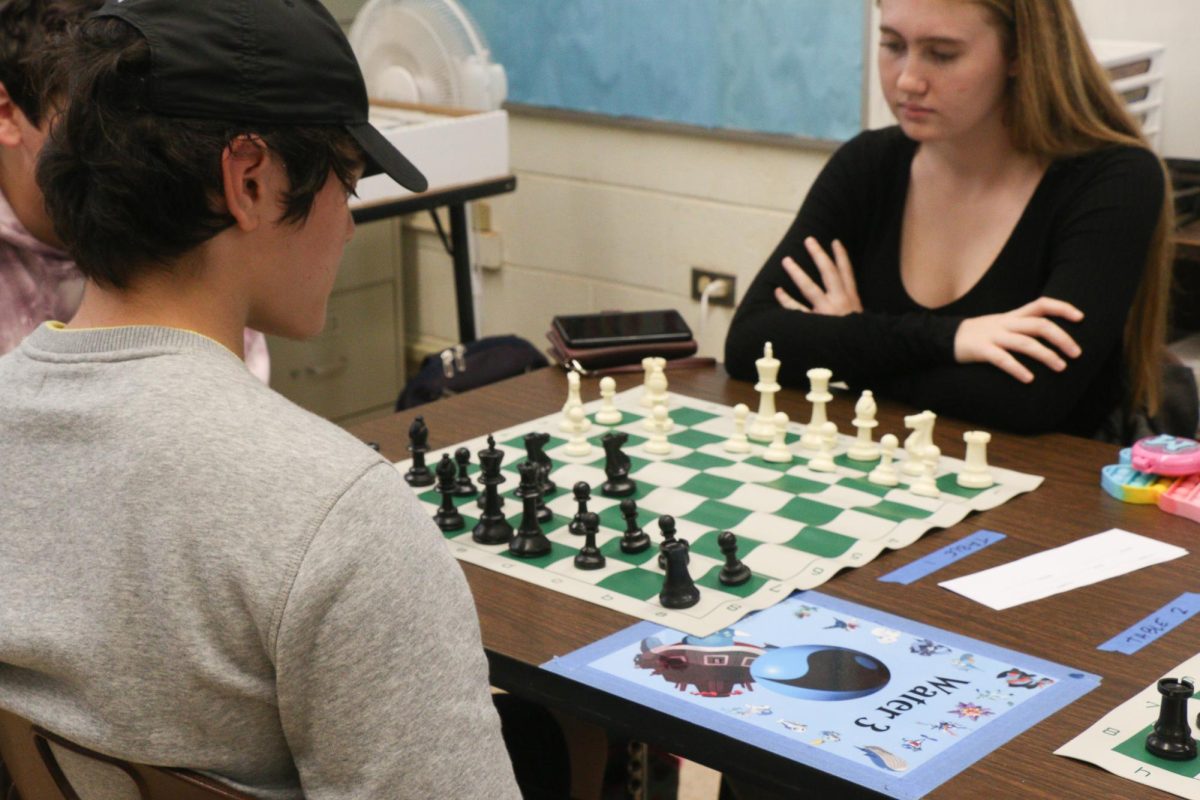By Jacob Balatico
[email protected]
Recently, a trailer for the upcoming video game “Hatred” was released. Upon watching it, I was surprised and very repulsed at what the game was offering. The unnamed protagonist (if he could even be considered a protagonist) explicitly states, “I will put in the grave as many as I can. It’s time for me to kill. And it’s time for me to die. My genocide crusade begins here.” The trailer then cuts to extremely graphic footage of said protagonist gunning down innocent people and performing violent executions with knives and pistols. The trailer has since been considered controversial by many video game publications such as PC Magazine and Eurogamer. “Hatred” has re-sparked the old argument: do violent video games make people more violent?
To understand the argument, we must go back to when violence in video games was something new. One of the first violent video games was an 8-bit arcade game named “Death Race,” in which players would run over stick figures resembling humans and turn them into tombstones. Following that, there were many campaigns to create federal regulations for video games. The campaigns resulted in the creation of the Entertainment Software Rating Board (ESRB) in 1994. The ratings provided concise and objective information about what was in a particular video game so consumers, including parents, could make informed choices. For a while, the argument was put aside and people were content. However, the peace wasn’t enjoyed for very long. In 1999, the Columbine High School massacre was a tragedy that once again targeted video games as one of the reasons that Eric Harris and Dylan Klebold went on their terroristic attack, as both were known to have played “Doom” and “Wolfenstein 3D.” Today, many people are still against or unsure of video games, which prompted Barack Obama in 2013 to call for more research on how violent video games may affect the kids that play them.
According to Time, scientists led by Craig Anderson, director of the center for the study of violence at Iowa State University, worked with 3,034 boys and girls in the third, fourth, seventh and eighth grades in Singapore. They found that kids who played more hours of violent video games per week revealed increases in aggressive behavior and violent tendencies compared to those who played fewer hours a week. However, in the same article it said that hostile attitudes against others declined slightly throughout the study. This is because children act less aggressively as they get older; they learn more mature ways of dealing with problems rather than lashing out.
Another article in Time detailed another study where 64 college students were asked to play one of four games, two being violent, two not. The scientists “spilled” their pens in an effort to see if the group of students who played violent video games were less inclined to help pick the pens up. However, they found that both groups were equally inclined to help.
The fact of the matter is that there isn’t enough evidence to support the claim that violent video games make people more violent or desensitized. There have been many studies done and each came up inconclusive. Personally, as an avid gamer myself, I would say no, violent video games don’t make you more violent. However, I’m not necessarily right or wrong. My belief is that while I am not affected by video game violence (meaning I don’t turn into a lunatic after I play them), everyone reacts differently to violence. Depending on personality and perhaps personal experience, video games may or may not increase violent behavior. As consumers, it is our duty to know where to draw the line when it comes to violence. As for “Hatred,” I won’t be playing it. I enjoy a good shooter game like “Call of Duty” and “Fallout” because they have an encompassing story, but “Hatred” just seems to exist solely to, well, shoot things.







